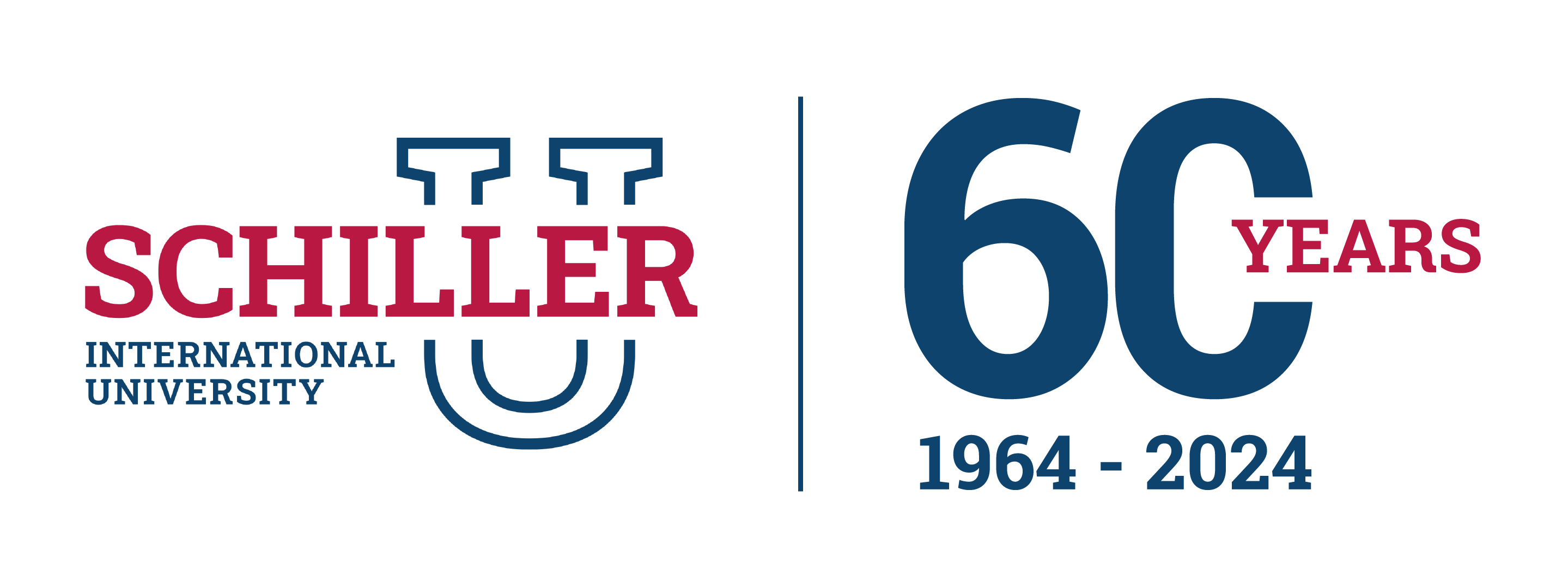Various existing machine learning models were deployed and the Python codebase was made freely available. Professor Singh believes that sharing code is an important step to help with future research and advancement.
The work was done on GTEx consortium pilot data for the people who died due to heart disease and the relevant DNA biomarkers were presented with high statistical significance. This work is considered groundbreaking as it gives a practical implementation to replace the traditional univariate association such as GWAS (Genome-Wide Association Study) with DMWAS (Deep and Machine learning based omics Wide Association Study) which is a multivariate modeling approach that provides more robust and statistically signification insights.
As an Associate Professor of IT-based Businesses at Schiller International University, Professor Singh thinks that there is no better way to teach his students than to 'walk the talk', which served as motivation for him to carry out this complex research to demonstrate the power of technology.
Abhishek N. Singh (Abi) is an 'Associate Professor of Information Systems and Business' at Schiller International University, Heidelberg, where he has been engaged in teaching several courses in the MBA as well as in BBA programs.
The link to the complete white paper can be found here

 Apply Now
Apply Now








